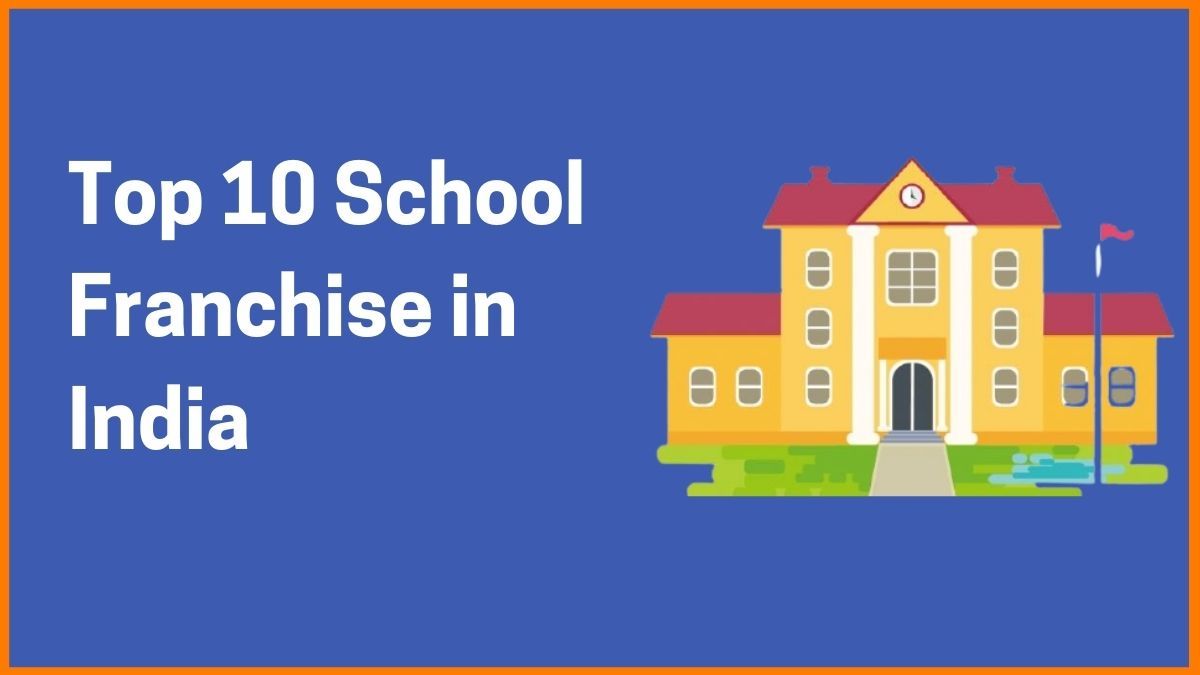This article has been contributed by Nasir Shaikh, Group CEO, The Lexicon Group of Institutes, MultiFit, EduCrack, & EasyRecruit+, Associate Editor, Pune Times Mirror & Civic Mirror, Mediator, Leadership Life Coach, Conflict Coach (PCC), TEDx Speaker.
In today’s digital age, data is the currency of success. Businesses that tap into the vast reserves of information at their disposal can unlock a treasure trove of opportunities to boost revenue. With the right tools and strategies, data can be harnessed to make smarter decisions, better understand customers, and identify untapped markets. In this article, we will explore some impactful ways to leverage data and increase revenue, backed by real-life examples of businesses that have achieved remarkable success.
Ways to Leverage Data and Increase Revenue
- Harnessing Data for Targeted Marketing
- Empowering Data-Driven Research
- Personalization and Customer Experience
- Predictive Analytics for Informed Decision-Making
- Unleashing Data Innovation
- Optimize Pricing Strategies
- Historical Data Analysis for Demand Forecasting
- Loyalty Program Integration
- Gamification and Rewards Optimization
Harnessing Data for Targeted Marketing
Gone are the days of one-size-fits-all marketing. Today’s consumers expect personalized experiences that cater to their specific needs and preferences. Data plays a pivotal role in understanding customer behavior, enabling businesses to deliver targeted marketing campaigns with laser-like precision.
Netflix, the streaming giant, is a prime example of leveraging data for targeted marketing. The platform collects data on user behavior, including the content they watch, when they watch it, and how often they binge-watch. Using this data, Netflix provides personalized recommendations that keep users engaged and coming back for more, increasing subscription revenue and customer satisfaction.
Empowering Data-Driven Research
Data-driven research empowers businesses to stay ahead of the curve by identifying trends, market gaps, and new opportunities. By analyzing vast datasets, companies can uncover insights that inform critical decisions and guide their growth strategies.
The fashion industry is notoriously fast-paced, and staying ahead of trends is essential. Zara, the Spanish clothing retailer, leverages data-driven research to identify emerging fashion trends quickly. By analyzing social media, runway shows, and customer feedback, Zara’s design team gains real-time insights that influence their production and inventory choices. This data-driven approach has propelled Zara to the forefront of the fashion industry, resulting in increased sales and brand loyalty.
Similarly, Zudio’s data-driven research extends beyond marketing. The company analyzes data on the latest fashion trends, consumer demand, and competitor offerings. Armed with these insights, Zudio’s design team creates collections that align with customer preferences, resulting in better product-market fit, reduced inventory costs, and higher revenue.
Personalization and Customer Experience
The modern consumer seeks personalized experiences at every touchpoint with a brand. Data enables businesses to better understand their customers’ preferences, pain points, and purchase behavior, allowing them to deliver tailor-made experiences that resonate with their audience.
Amazon, the e-commerce behemoth, is renowned for its data-driven approach to personalization. The platform analyzes vast amounts of data on customer browsing and purchase history, enabling them to offer personalized product recommendations and targeted advertisements. This level of personalization enhances the customer experience, boosts customer loyalty, and significantly increases revenue through repeat purchases.
Predictive Analytics for Informed Decision-Making
Predictive analytics is a powerful tool that allows businesses to forecast future trends and behaviors based on historical data. By leveraging predictive models, companies can make informed decisions that optimize sales, marketing, and resource allocation.
Starbucks, the global coffee chain, uses predictive analytics to optimize its store locations. By analyzing data on foot traffic, demographics, and local preferences, Starbucks identifies prime locations for new stores. This data-driven expansion strategy has helped them maximize revenue by targeting areas with the highest potential for success.
Unleashing Data Innovation
Innovation is the lifeblood of growth, and data can be a catalyst for disruptive ideas and products. By fostering a culture of data innovation, businesses can encourage creativity and push the boundaries of what’s possible.
Tesla, the electric vehicle pioneer, is a trailblazer in data innovation. The company collects real-time data from its fleet of vehicles, continuously analyzing performance, battery health, and user behavior. This data-driven approach allows Tesla to push regular software updates that enhance vehicle performance, safety, and user experience. Through data innovation, Tesla has revolutionized the automotive industry and achieved substantial revenue growth.
Optimize Pricing Strategies
Data can offer valuable insights into pricing strategies that optimize revenue generation. By analyzing data on customer willingness to pay, competitor pricing, and market demand, businesses can set prices that strike the perfect balance between profitability and customer satisfaction.
Uber, the ride-hailing giant, leverages data to implement surge pricing during peak hours or high-demand events. By dynamically adjusting prices based on real-time data, Uber optimizes revenue while encouraging more drivers to be on the road during busy periods. This data-driven pricing strategy has enabled Uber to maintain a reliable and efficient service for customers while maximizing revenue.
Historical Data Analysis for Demand Forecasting
One of the fundamental aspects of demand forecasting is analyzing historical data. By examining past sales data and customer behavior, businesses can identify trends, seasonal patterns, and historical demand fluctuations. This analysis provides valuable insights into how demand has evolved over time and forms the basis for making future predictions.
One of the key components of many hotels’ revenue optimization strategies is demand forecasting. By analyzing historical booking data, including past room rates, occupancy levels, and booking patterns, the hotel/chain can identify seasonal trends and demand fluctuations. This enables them to forecast future demand accurately and adjust room rates accordingly.
For instance, during peak seasons or high-demand periods, the hotel raises room rates to capitalize on increased customer willingness to pay. Conversely, during off-peak times, they offer discounted rates to attract more bookings and maintain high occupancy levels.
Loyalty Program Integration
Data plays a pivotal role in loyalty program integration. By tracking customer activity within the loyalty program, companies can understand customer engagement levels, preferences, and spending behavior, thereby driving revenue.
A coffee shop chain’s loyalty program tracks the purchase history of its members. The data reveals which products each customer prefers and the frequency of their visits. Armed with this information, the coffee shop can offer personalized rewards and incentives to its loyal customers, such as free beverages or exclusive discounts. This strengthens customer loyalty, leading to increased visits and higher revenue from repeat business.
Gamification and Rewards Optimization
Using data analytics, companies can optimize their loyalty program rewards and gamification elements to keep customers engaged and incentivized to return. By analyzing customer behavior, companies can identify which rewards and incentives are most appealing to their customers.
A mobile gaming app optimizes its loyalty program rewards by tracking in-game behavior and preferences. Players who consistently engage with specific game modes receive tailored rewards that encourage them to spend more time on the app and potentially make in-app purchases. This strategy drives user retention and increases revenue from in-app transactions.
Conclusion
The era of big data has opened endless possibilities for businesses to increase revenue and achieve sustainable growth. By harnessing data for targeted marketing, empowering data-driven research, personalizing customer experiences, leveraging predictive analytics, fostering data innovation, and optimizing pricing strategies, companies can gain a competitive advantage in today’s fast-paced business landscape.
The examples mentioned in this article demonstrate the transformative power of data when used strategically. Embracing data-driven decision-making not only leads to increased revenue but also enhances customer satisfaction and builds long-lasting relationships. As businesses continue to evolve and adapt, the key to success lies in leveraging data to unearth invaluable insights and propel growth into the future.












